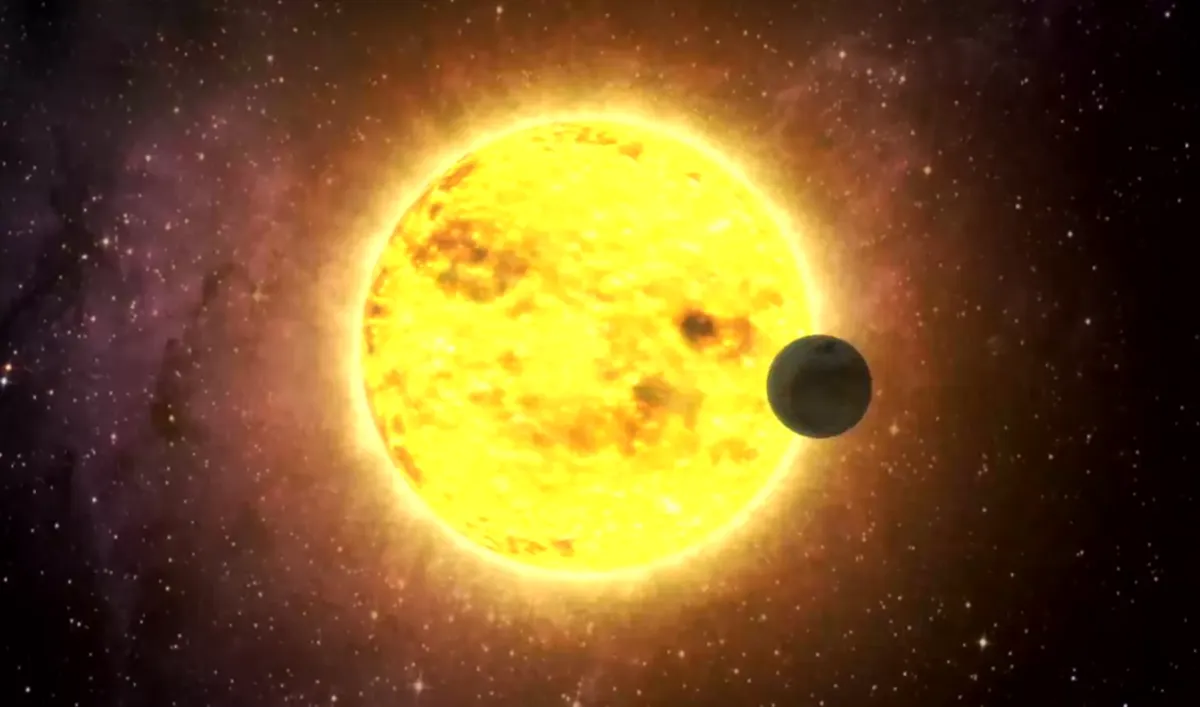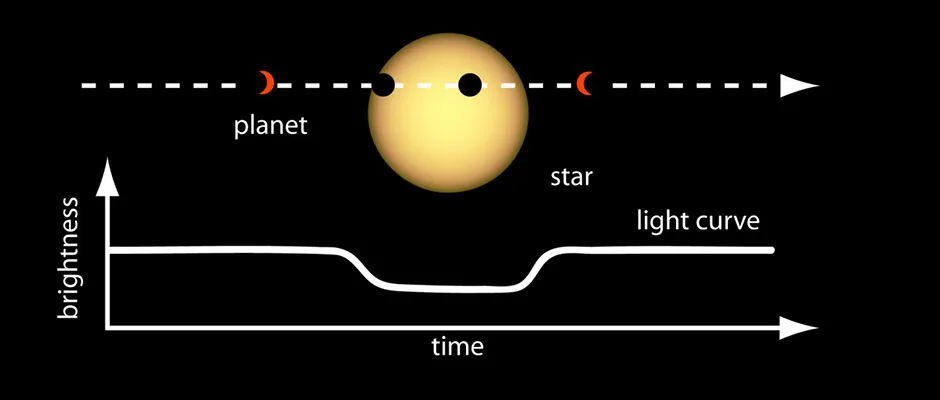Earth is the only planet we know to support life, which is quite remarkable when you think of Earth's place on a grand scale.
On many scales the Sun can be seen as quite average: about average size, about average brightness.
Even in the terms of categorisation it falls into the band in which the majority of stars sit, called the main sequence.
So does it have a unique selling point? Well, to date the only unique feature we’ve confirmed about the Sun but have not yet found elsewhere is the fact that one of its planets has life on it.

The search for signs of life beyond our Solar System is still in its infancy. To date just over 5,000 exoplanets have been discovered, and that number is likely to greatly increase over the next few years.
The holy grail would be to find Earth-sized planets that sit in their stars’ habitable zone, also known as the Goldilocks Zone since it is neither too hot nor too cold for liquid water.
But what makes a planet habitable? If we are looking for signs of life, a planet with liquid water on it seems like a good place to start.
But, if we find what we are looking for out there (and we do have some very good candidates), how can we detect signs of life?
Analysing starlight to detect signs of life

So Earth is the only planet we know of with life. How can we hope to find life beyond our Solar System, when exoplanets are so far away?
Biological activity as we know it creates a distinct chemical signature in a planet’s atmosphere.
So by analysing the spectrum of that atmosphere, the chemical composition and possible biosignature fingerprint could give us a strong indication of whether life is out there.
But therein lies the challenge: to detect exoplanets we use a range of techniques, and one of the more popular is to detect a drop in a star’s brightness as an exoplanet transits across it.
This is known as the transit method of exoplanet detection.
These light drops can be very small, but we have instruments sophisticated enough to detect them.

Astronomers can even study starlight passing though the thin band of atmosphere around an exoplanet, so it can be analysed for its chemical signature.
Astronomers are wily creatures and realised that if you analysed a star’s spectrum with and without a planet in transit, you could get a strong indication of the chemical content of the exoplanet’s atmosphere and search for those biomarkers indicating life.
I'm looking forward to the era of the Extremely Large Telescope, which will be a game-changer.

In the next decade or so we may be able to confirm that there is an indication of life out there on a few of our exoplanet neighbours.
We could find that the Sun’s current USP no longer exists and that even in this respect it is quite average.
But I think that the search for life may be a lot more challenging and that our star will prove to be rarer than we realised.
For now, Earth remains the only planet we know of to support life, and that makes or cosmic home very special indeed.
This article originally appeared in the August 2014 issue of BBC Sky at Night Magazine.

